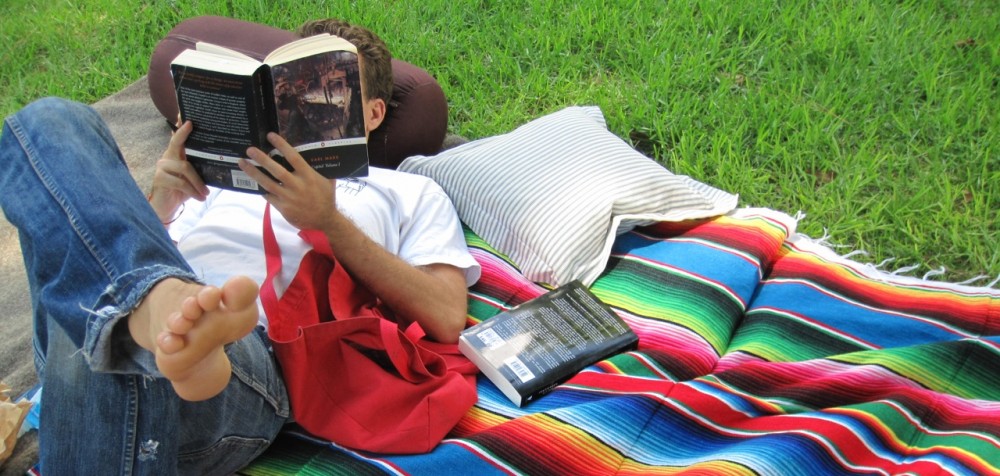A new piece on ForeignAffairs.com by Evan Feigenbaum looks at the new Asian (financial) order and argues for Washington to recalibrate its approach:
Above all, Washington needs to intensify its own economic diplomacy in Asia. The U.S. goal should be not simply to tack an economic component onto its rebalance, or pivot, to Asia, but to encourage a liberal, open, market-based economic order in the region.
It’s a timely piece in my life as I was just awarded a Japan Society for the Promotion of Science Post-Doctoral research fellowship looking at ASEAN regionalism through education. The two year project (October 2015 – September 2017) will look at Cambodia, Laos, and Burma, the three poorest members of the ASEAN bloc but also the three largest recipients of Chinese foreign direct investment, to see how individuals inside secondary schools negotiate the competing interests in the region. From my proposal:
My proposed study also re-conceptualizes region making not as a top down process but rather from the bottom up. By viewing region making as the everyday practices of people who must negotiate multiple competing interests, the proposed research project is concerned with the production of ASEAN space as a “product of interrelations…constituted through interactions” (Massey, 2005, p. 9). Region making from this conceptualization is constituted not only by the macro-economic and political reforms to education policies, which are most clearly being studied in the higher education sector, but also by the everyday practices of and relations between people. It is from this human geographical perspective that ASEAN regionalism is theorized as a multiplicity of spaces always under construction and in the process of becoming. Studying ASEAN regionalism from this perspectives requires an exploration of the “embedded material practices” (ibid) that constitute the region at particular moments in time.
The research will be conducted out of the University of Tokyo in conjunction with Prof. Yuto Kitamura. I’m looking for country partners at the moment. Interested parties are encouraged to contact me here.
